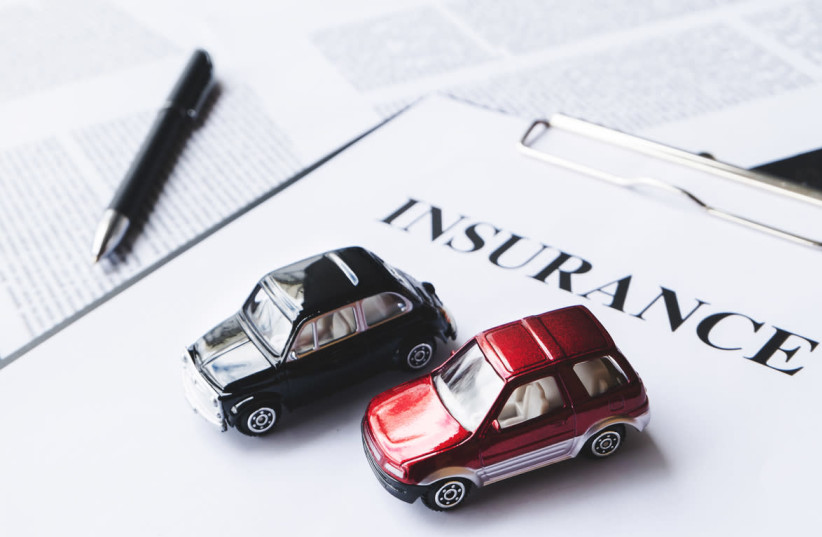Generally, people know they need car insurance. But what they skip in the excitement of buying a new car is they fail to research meticulously, which later causes financial constraints as soon as you buy a car. The following are the factors to consider before you buy a car:
1. Estimate Your Budget:
Before you even start negotiating for a car, you should look for car insurance companies. Narrow down a list of vehicles you want to buy with their models, body type, and manufacturer once you have sorted the list of cars that are best for you. Start shopping for insurance; this will give you an estimated insurance idea on each type of car.
2. Shop for the Insurance Company:
Spending your time searching for the right insurance policy for your car can save you hundreds of bucks. Some vehicles, such as sports cars, have high insurance rates. The monthly instalments of a new car can be affordable, but adding insurance payments can increase the car’s overall cost. Before you buy a car, consider the key factors influencing the insurance rates.
3. Your Insurance Coverage Period:
Find the period your current auto insurance will provide coverage to your new car. Usually, when you replace a car, the same policy applies to your new vehicle. It can vary from twenty-four hours to fourteen days. So it is better to search for what actually your insurance will cover rather than just assuming what is not included in your coverage. Furthermore, if you do not have any coverage, don’t replace a car.
4. Manage All Paperwork:
You have to take care of the insurance paperwork yourself; your dealership is not responsible for it. The staff is busy, and it is not their job to add your new car to your policy. If you have an insurance card, it is assumable that you know about the coverage in your available policy. Lienholder requires you to have comprehensive or collision coverage and liability insurance, so before you leave with your car, make sure you add them into your coverage.
5. Manage Your Insurance Priorities:
When you buy a car, comprehend what is needed. Of course, one should know the car’s cost, but before that, shop for the insurance and evaluate the coverage type, deductibles, and limits you must purchase. Discuss with your insurance agent the type of insurance you must buy. For instance, lienholders usually want deductibles that are below $500.
6. Liability Coverage:
Several states consider it necessary for the drivers to have liability coverage. Liability coverage pays for the damage or injuries caused by you while driving on the road. Also, numerous states require Personal injury protection (PIP) as a necessary part of your minimum coverage policy. It applies to the no-fault, where it covers your medical bills to some limits. Discuss it with your insurance agent and learn about the terminologies used in insurance, such as deductibles, limits, or coverage. You have to decide the amount of the deductible in comprehensive or collision insurance.
7. Gap Insurance:
Gap insurance is for those who own more than the worth of their vehicle. Many cars depreciate soon after they are purchased while owning the insurance of a few thousand dollars. Gap insurance covers the difference between what you own and the value of your car.
8. Collision Insurance:
Collision insurance provides coverage if your car collides with any object or another vehicle. It protects your vehicle. Also, it pays for the repairing or replacement cost. Usually, lienholders require collision insurance to be part of your insurance policy.
9. Comprehensive Insurance:
It provides coverage to your car from natural calamities such as wind, storms, or thunderstorms. If you live in an area that faces mishaps, often this is for you. Even if the chances of such disasters are low, it will be a smart choice. It also protects you from theft, fire, or destruction.
The best way to look for car insurance is to ask your insurance agent to help you choose your car’s right insurance policy.


